Maintaining a balanced diet is important at every stage of life. As you age, paying attention to your diet to include vitamins is especially important to support everything from bone health to your immune system.

Maintaining a balanced diet is important at every stage of life - Photo: Getty
According to an article published in the journal Clinical Interventions in Aging , older adults are at higher risk of vitamin deficiencies than younger adults. Here are the vitamins and minerals you should focus on supplementing.
Magnesium
Magnesium is a mineral that plays an important role in many body functions, helping to keep muscles healthy, regulate blood sugar levels and contribute to heart health.
Dr. Jacob Teitelbaum, an internal medicine specialist in integrative medicine (USA), said "magnesium is important for more than 300 reactions in the body".
He says that an unprocessed diet contains about 600 mg of magnesium daily, but the average American diet is reduced to less than 250 mg after processing. For adults, the recommended daily intake of magnesium is 400-420 mg for men and 310-320 mg for women, with higher needs for pregnant or lactating women.
Dr. Teitelbaum warns that a magnesium deficiency can lead to a higher risk of metabolic syndrome, which can lead to heart attacks, strokes, and dementia. If you don't get enough magnesium, you may feel tired or have widespread muscle pain.
Magnesium can be found in foods such as nuts, whole grains, green leafy vegetables like spinach, or dark chocolate.
Vitamin B group
B vitamins, including B12 and folate (also known as folic acid), are essential for good health as you age. As you get older, your body doesn't absorb B12 as well. Dr. Brukner explains that this is because "the stomach produces less acid, which is needed to absorb the vitamin from food."
B12 is found in animal proteins such as meat, fish, and eggs. If you don't eat these foods, you can choose fortified cereals and nutritional yeast. Older people, people with stomach problems, or people taking medications that reduce stomach acid may need B12 supplements.
Calcium
The National Institute on Aging recommends that older adults at risk for bone loss focus on calcium. The institute recommends 1,000 mg per day for men ages 51-70 and 1,200 mg per day for men over 71. Women 51 and older are recommended to get 1,200 mg of calcium per day.
Calcium helps keep bones strong, and is also needed for muscle function. Your body absorbs less calcium as you age, which can lead to weaker bones. You can find calcium naturally in milk, yogurt, cheese, kale, salmon, tofu, almonds, and spinach.
Vitamin D
Vitamin D is often called the “sunshine vitamin” because you get it through your skin when you’re outside. However, if you live in a place with little sunlight or don’t get much time outdoors, you may not get enough. Your body needs vitamin D to absorb calcium, so it’s important for bone health.
In addition to sunlight, you can get vitamin D from fatty fish such as salmon and mackerel, fortified milk and cereals. If you are at risk of osteoporosis or bone loss, your doctor may recommend vitamin D supplements.
Omega-3 fatty acids
Omega-3 fatty acids are essential for many functions in the body, from heart health to brain health. However, the body cannot produce enough omega-3s on its own, so you need to get them from food or supplements.
Fatty fish like salmon are good sources of omega-3s. You can also get them from flaxseeds, chia seeds, and walnuts. Fish oil and algae oil are also good supplement options.
Zinc
A 2015 study found that zinc is “an essential micronutrient for human health, especially in the elderly.” Zinc deficiency can lead to many chronic age-related diseases such as arteriosclerosis, neurodegenerative diseases, weakened immune systems, and cancer.
You can find zinc in shellfish, red meat, poultry, beans, and nuts. Older people, especially if they are often sick or don’t eat enough zinc-rich foods, may need to take zinc supplements, but be careful about the dosage to avoid problems with other minerals.
Source: https://tuoitre.vn/cang-co-tuoi-cang-chu-y-6-loai-vitamin-va-khoang-chat-quan-trong-nay-20241025164017001.htm





![[Photo] Prime Minister Pham Minh Chinh chairs conference on anti-smuggling, trade fraud, and counterfeit goods](https://vphoto.vietnam.vn/thumb/1200x675/vietnam/resource/IMAGE/2025/5/14/6cd67667e99e4248b7d4f587fd21e37c)





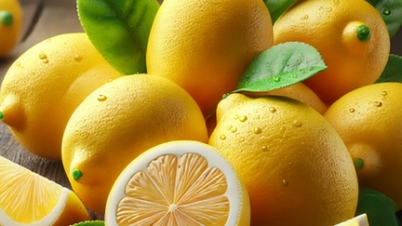



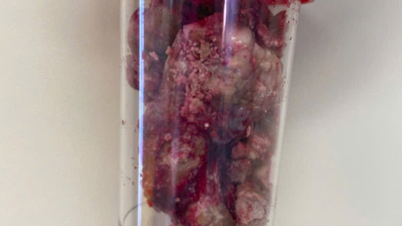













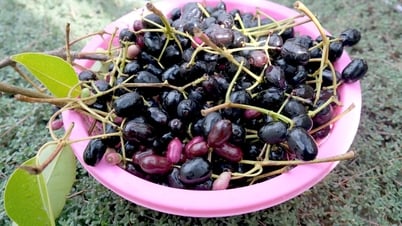















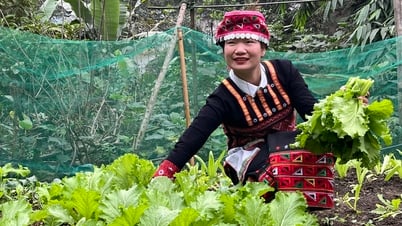



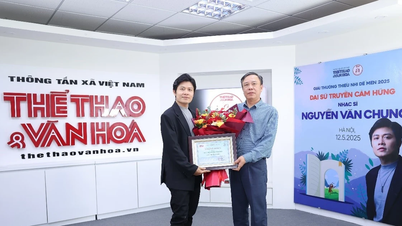

























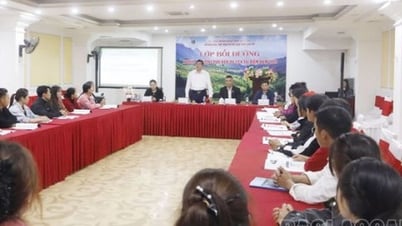

























Comment (0)